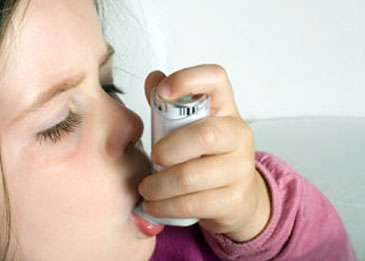Protecting Kids from Asthma

In this article, you will find:
Avoidable risk factors
The National Heart, Lung, and Blood Institute (NHLBI) research has connected air-quality factors in a young child's environment, such as the presence of tobacco smoke and allergens, as well as some childhood infections, to the development of asthma. These things have long been known to trigger asthma attacks, but now it seems they may play a role in causing the disease. Some attribute the recent increase in the number of people with asthma to elevated levels of pollution and allergens in our atmosphere. For this and other reasons, it's important for parents to limit their children's exposure to secondhand smoke and allergens as much as possible.
The first step you can take to build up your child's immune system and neutralize potential allergens is to breastfeed rather than formula-feed him, if possible. Research compiled by the journal Pediatrics in 2010 suggests that breastmilk can help prevent some serious childhood illnesses, such as respiratory infections, asthma, stomach viruses, ear infections, and type 1 (juvenile) diabetes. Researchers believe a new mother passes antigens (substances that lead to the production of antibodies) to her baby through breast milk. This helps the baby's immune system to develop protection against specific allergens, without being directly exposed to them. The U.S. Department of Health and Human Services suggests that formula can't mimic such antibodies. Also, formula can contain ingredients to which your baby may have an allergic reaction. Of course, not everyone has the option of breastfeeding, but those who do should consider all of the benefits it may offer.
One final, somewhat avoidable risk factor for asthma that has come to light is the state of a mother's emotional well-being during the early years of her child's life. A study published in the American Journal of Respiratory and Critical Care Management claims that the children of mothers who experience prolonged intervals of depression or anxiety after the postpartum period have an increased risk of developing asthma. Therefore, to ensure the future health of their children, mothers need to take care of their own emotional well-being. If you neglect yourself during your child's early years, it may take a heavy toll on both you and your family.

